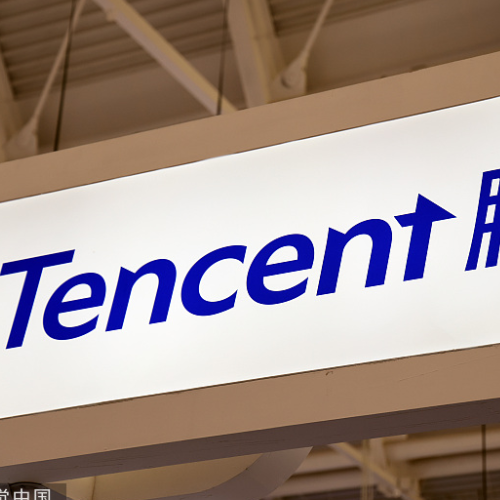In a surprising move, the United States has added Tencent Holdings, one of the world’s largest gaming companies, and Contemporary Amperex Technology Co Ltd (CATL), a leading supplier of electric vehicle batteries, to a blacklist for alleged ties to China’s military. This announcement comes just weeks before a new US administration is set to take office, and the decision has sent shockwaves through global markets.
The blacklist, maintained by the US Department of Defense, includes companies it believes are connected to China’s military or are part of a system where civilian businesses help bolster China’s defense industry. While being on the blacklist does not come with automatic sanctions, it strongly discourages US companies from doing business with these firms.
Both Tencent and CATL have denied the allegations, calling their inclusion a mistake. A Tencent spokesperson said the company is not a military supplier, adding, “This listing has no impact on our business, but we will work with the Department of Defense to clear up any misunderstanding.”
China Escalates Trade War with U.S. by Targeting Major Companies
CATL, which supplies batteries for Tesla and other top carmakers, also issued a statement, saying it is not involved in military activities and has no ties to the Chinese government. Despite these denials, the announcement has already had significant consequences for both companies.
The news caused Tencent’s stock to drop sharply, falling more than 7% in Hong Kong trading. This marks the company’s biggest intraday loss since October. Similarly, CATL’s shares plunged over 5%, their largest drop in three months. The losses reflect investor concerns that the blacklist could hurt these companies’ global business relationships and tarnish their reputations.
Tencent is one of China’s most valuable companies and a global leader in gaming. It owns stakes in major gaming companies like Fortnite creator Epic Games and Activision Blizzard. The company is also the developer of WeChat, a popular app in China that combines messaging, social media, and online payments.
Tencent has faced scrutiny from the US before. A previous attempt to ban WeChat was made on national security grounds during the first term of the Trump administration, but the move was blocked by courts.
CATL, meanwhile, is a key player in the electric vehicle industry, supplying batteries to major automakers like Tesla, Volkswagen, and Stellantis. The company’s inclusion on the list raises concerns about disruptions in the global supply chain for electric vehicle batteries, a critical component in the push toward greener transportation.
US Blacklist and Its Broader Implications
The US government has been increasing pressure on Chinese companies it believes could be tied to the Chinese military. The blacklist was created under an order signed in 2020, which bars US investment in firms deemed to be connected to China’s military. It is part of a broader effort to counter what the US sees as unfair business practices by China.
US Hits Back at China: Sanctions on Integrity Tech Over Cyber Threats
According to US officials, Chinese laws require businesses to share information with the government if requested for national security reasons. This has raised concerns about whether private companies like Tencent and CATL could be forced to support military activities.
While some companies have successfully fought to be removed from the blacklist, such as Xiaomi in 2021, the process can take time. In the meantime, being on the list can harm a company’s relationships with international partners.
Despite these allegations, it is unclear whether Tencent or CATL have direct ties to the Chinese military. Both companies have insisted that they operate independently and have no involvement in military-related activities.
The move comes at a tense time for US-China relations, as both countries compete for dominance in key industries like technology and renewable energy. For now, the inclusion of Tencent and CATL on the blacklist has added to the challenges facing Chinese companies that operate on the global stage.
The situation highlights the growing divide between the world’s two largest economies, with ripple effects being felt across industries from gaming to electric vehicles. Whether this move will have lasting consequences for Tencent, CATL, or their global partners remains to be seen.


